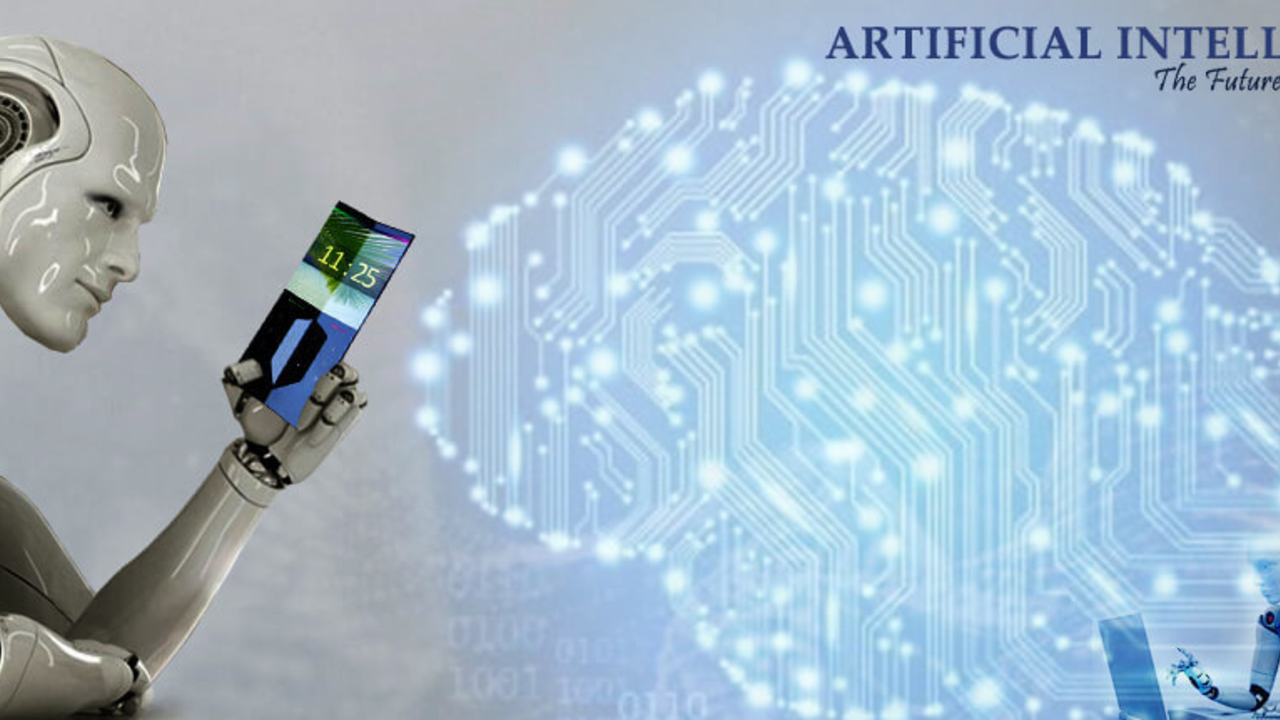The Growing Phenomenon of Artificial Intelligence
Just this morning Benny, my adorable Beagle, tripped over my vacuuming robot. Oscar, my ever-watchful parrot, screeched out a gleeful "Fool!" just as poor Benny yelped. It's a wonder, isn't it? The incredible strides technology has made? I mean, even my pets have a relationship with artificial intelligence!
Artificial Intelligence, or AI as it is better known, is a term that's thrown around a lot these days. But what is it? Well my dear readers, it's the simulation of human intelligence in machines. It allows machines to learn, reason, and problem solve, essentially simulating human thinking.
The Capabilities and Limitations of AI
Consider this. You're playing chess with your computer, and it begins to predict your moves even before you make them. It's not psychic, it's artificial intelligence. AI predicts, learns from past experiences, and even adapts to new information. It's fascinating, isn't it?
Yet, there's a distinction between AI and your friendly neighborhood human being. AI can gather and process colossal amounts of data in the blink of an eye. But, it's only working with the data you've fed into it. Thus, it lacks human innovation and spontaneity. Plus, my endearing Benny has yet to befriend AI the way he has the neighborhood kids.
The Historical Milestones of AI
Imagine a time when the largest computer filled up an entire room. Now think about this, your smartphone is more potent than that older monstrosity. How did we get here? It's an enthralling narrative of progress and innovation. Starting with the invention of the digital computer in the 1940s, followed by the development of electronic autonomous robots in the 1950s, to the creation of neural networks in the 1980s to today's autonomous vehicles.
In each era, the application and popularity of AI has fluctuated, driven mainly by economic and technological factors. But there has been a steady, inexorable march towards more complex and ambitious AI applications. It's like Bennie's stubborn pursuit of the elusive squirrel in our backyard.
Applications of Artificial Intelligence
We see AI everywhere. From our smartphones, which get smarter with each update, to our smart homes that know our habits better than we do. It's in our shopping experiences and entertainment routines. Fun fact: The recommendations on your favourite streaming platform? That's a fun application of AI!
Note though, every rose has its thorn, and so does AI. While it makes life easier, AI might put our privacy at risk. Be mindful, just as Oscar is with his beloved plumage.
Understanding Machine Learning
Machine Learning (ML) is the most common method of teaching machines intelligence. Does ML ring a bell? It's everywhere, from recognizing trends in data to recommending songs on a music streaming app. ML makes predictions based on patterns, learning from feedback loops, getting smarter and accurate over time, much like Benny, my beagle, learning new tricks.
ML is not without limitations though. It's heavily dependent on data, quantity, and quality. Hence, the phrase, "garbage in, garbage out."
The Magic of Deep Learning
And then, there's Deep Learning, an offshoot of ML. Deep Learning trains computers to behave like the human brain, deciphering data at a granular level. It's the cool kid on the block and the showrunner behind Google's voice search, Apple's Siri and even in diagnosing diseases.
Deep Learning, however, is a demanding taskmaster, requiring high quality, voluminous data, and powerful processing capabilities. Like Oscar, it can be a little high maintenance.
Ethical Implications of AI
With great power comes great responsibility, and in the world of AI, the responsibility is heavy. From privacy concerns to potential bias in decision making, AI applications are as controversial as they are convenient. We've all heard the horror stories of AI-generated fake news or deepfakes. Ethics in AI is a complex, almost philosophical issue, worthy of a separate article!
While AI continues to awe and inspire us, we must not ignore these ethical concerns. Like every tool, AI-owned in the wrong hands can cause havoc.
The Future of Artificial Intelligence
It's hard to say what the future holds for AI. But looking at current trends, we can make a few educated guesses. It might start resembling human intelligence more closely, or progress towards 'general AI', capable of outperforming humans in most economically valuable work. AI might also become better at understanding our emotions and needs, similar to the way Benny seems to know when I'm glum.
The future of AI is as exciting as it is unpredictable. With more use cases cropping up every day, who knows where we'll land. Buckle up, kids, we're in for an enchanting ride.
